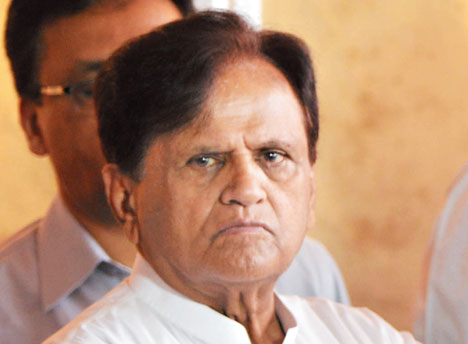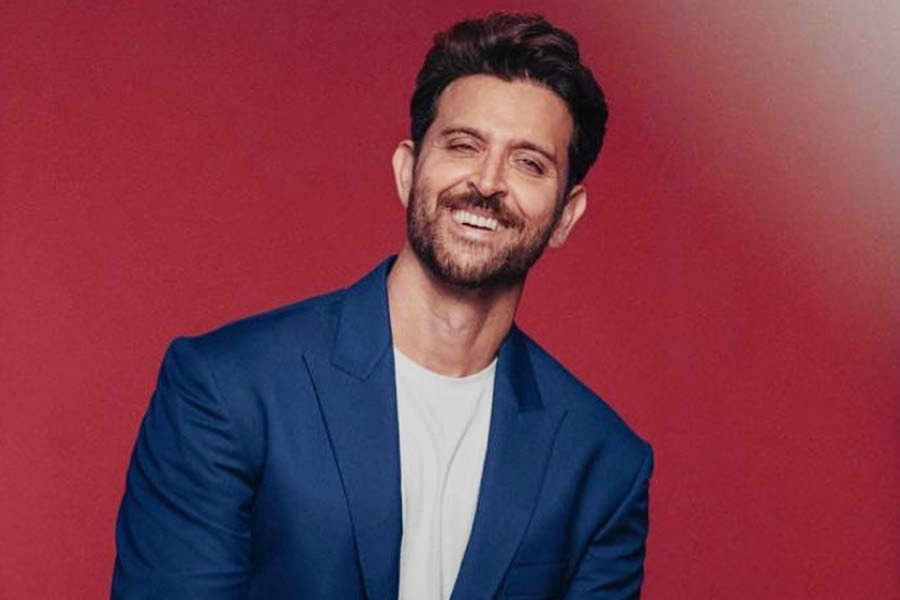
New Delhi: The Supreme Court on Thursday donned the garb of "conscience-keeper" to nudge Parliament to amend the law on keeping criminals out of politics, while hearing petitions seeking an election bar on people facing serious criminal charges and not just those convicted.
"We have to remind Parliament about the serious situation. Parliament has a constitutional obligation to amend Article 102 (relating to disqualification of MPs) of the Constitution," Chief Justice Dipak Misra, who headed a five-judge constitution bench, observed.
"We say this as conscious-keepers of the Constitution. It is the cry of the citizenry. It is a collective need, collective cry of society. It is a national thinking today and this can't be ignored by the legislature... to inject purity into elections."
Attorney-general K.K. Venugopal conceded that a "stage has come for Parliament to review the situation" - a possible hint that the government may be open to some kind of legislation.
Section 8 of the Representation of the People Act now bars only those convicted of a criminal offence from contesting elections - during the jail term and for a further six years.
The petitioners - the Public Interest Foundation, Bharatiya Matdata Sangathan and advocate Ashwini Upadhyay - have furnished data claiming nearly 34 per cent of the present MPs face serious criminal charges.
They have asked the bench, which includes Justices R.F. Nariman, A.M. Khanwilkar, D.Y. Chandrachud and Indu Malhotra, to direct the poll panel to bar from polls anyone against whom a serious criminal charge, entailing a punishment of at least five years, has been framed.
"Corruption is a noun, but when it enters the political arena, it becomes a verb which needs antibiotics. But corruption has developed resistance to antibiotics, so it needs a higher level of antibiotics to be cured," Justice Misra said.
Venugopal initially argued that such legislation lay within Parliament's domain alone and that everyone was innocent until convicted. He warned that accepting the petitions would trigger false cases against politicians.
He, however, agreed that it was a serious matter if 34 per cent of the present MPs faced criminal cases. "A stage has come for Parliament to review the situation," he said.
Senior counsel Dinesh Dwivedi, appearing for the Public Interest Foundation, said: "The select committee of Parliament has rejected this idea solely on the ground of criminal jurisprudence of 'innocent until proven guilty'. We are faced with this legislature's silence due to 34 per cent of the legislators with criminal background."
Senior advocate Krishnan Venugopal, who happens to be the attorney-general's son and appeared for Upadhyay, said legislatures were unlikely to bar candidates facing criminal cases since political parties needed such people.
So, he agreed with counsel Gopal Sankaranarayanan, representing the Sangathan, that the court needed to issue a direction to Parliament or the poll panel.
Arguments resume on Tuesday.











